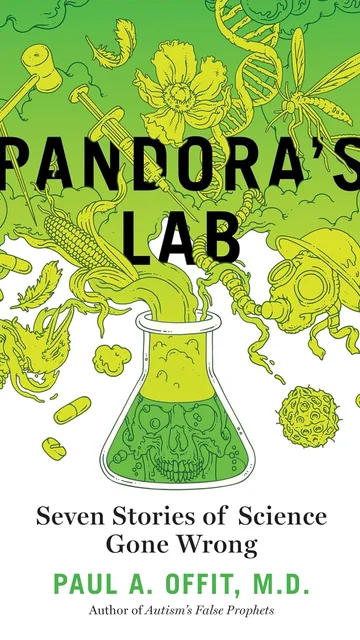
Mark Twain's novel, "The Adventures of Huckleberry Finn" was written between 1876 and 1883 and is set in the antebellum South. When his alcoholic father tries to kill him, Huck fakes his own death and runs away. He joins up with Jim, a slave, who is running away because his master plans to sell him. They build a raft and set off down the Mississippi river. While Huck and Jim have many crazy adventures and meet a colorful cast of characters, the thematic heart of the novel is about race and identity in America. What happens when societal norms and expectations conflict with personal experience and moral conscience? The novel caused controversy from the time it was published. Some thought it was coarse and crude. Others disliked the depiction of the South. It was banned in many places though it was always immensely popular.
Much has changed since then. The proposition that skin color is an indicator of intelligence or ability is socially and politically unacceptable. And yet racial bigotry still exists. The problem seems to be hardwired into our brains. A component of human intelligence is to understand our world by grouping common items together and comparing new things to discover what group they belong to. The ability to categorize things is an important survival mechanism. When we see a snake, we stay back because we know that members of that group can be poisonous. The problem is that we extend this sort of reasoning to our fellow humans. There is always an "Us" group in our brain and an "Others". What makes someone an "Other" can be a difference in nationality, language, education, political party, religion, even skin color.
In "James", Percival Everett reimagines "The Adventures of Huckleberry Finn" from Jim's point of view. While the main elements of Twain's story are the same, this is an entirely different novel, that can be read without reference to Twain's classic. "James" is a story of slavery from a slave's point of view. Everett makes one major plot change that was at first jarring but has major consequences on a reader's engagement with the novel. In "James" the slaves' distinctive dialect is a language secretly taught to all Black children. When one of the children asks Jim why they have to learn to talk like this, he says, "White folks expect us to sound a certain way and it can only help if we don't disappoint them. The only ones who suffer when they are made to feel inferior is us. Perhaps I should say 'when they don't feel superior.' Eliminating the dialect makes the Black characters less "Other" and more "Us". It makes it easier to identify with these characters as people whose emotions we understand. Interestingly, Everett retains a southern accent and cadence for the white people in his book which makes them feel more dated and foreign to us. At this point in history, it would be hard to write a new story about slavery more horrifying than the ones we have heard. But the repetition of evil can deaden us to any true emotional response. Everett brings us closer by eliminating a distraction in the language.
"James" is the story of the slave Jim coming into his own identity as James. Rather than accepting the white version of him as an obedient chattel he becomes an independent man through adventures that force him to make moral choices and exercise his own judgment rather than simply scrambling to survive. While "Huckleberry Finn" raised questions about institutional systems, "James" explores questions of personal identity and aligning our inner lives with our external actions.
 Skip to main content
Skip to main content


